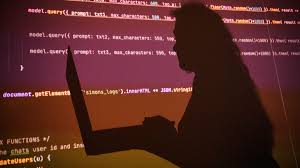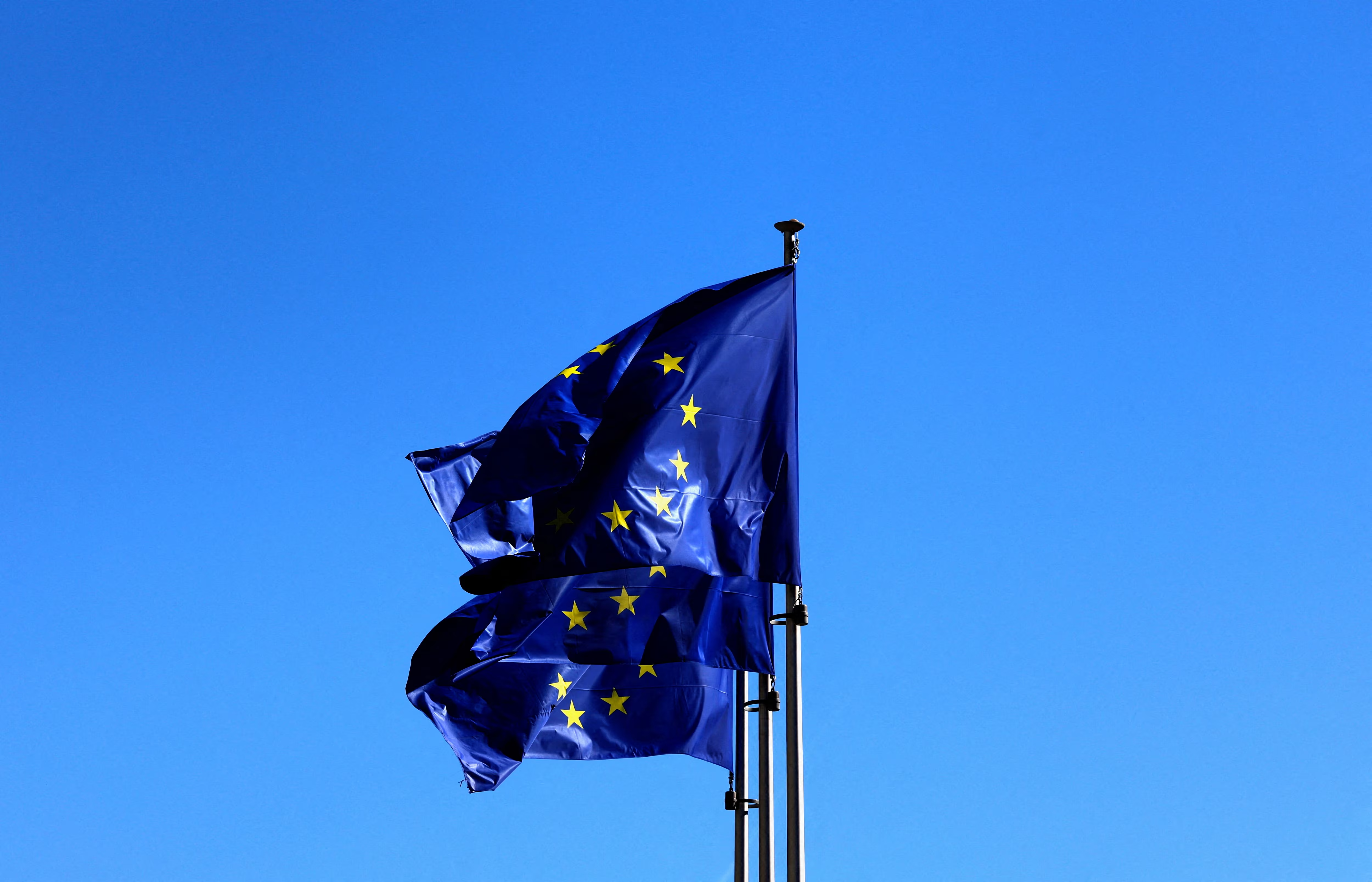
France Backs €400M Open Source AI to Champion European Digital Sovereignty
In a decisive move that signals Europe’s growing ambition to chart an independent course in artificial intelligence, the French government has committed €400 million to support the development of open source AI models and infrastructure. Announced in July 2025 by France’s Ministry of Economy and Finance, the initiative is being hailed as a turning point for Europe’s digital sovereignty agenda. By investing in non proprietary AI platforms, France is seeking to reduce reliance on American tech giants, foster homegrown innovation, and promote ethical, transparent AI that aligns with European values.
The €400 million fund will support a range of projects including the development of large language models (LLMs), training datasets in multiple European languages, compute infrastructure, and collaborations between startups, public research labs, and universities. A significant portion nearly 40% is earmarked for grants to open source foundations and AI labs working on multilingual and culturally diverse models. In particular, the initiative aims to strengthen tools capable of serving Europe’s linguistic diversity, from French and German to less resourced languages like Catalan, Breton, and Occitan. The rest of the fund will support AI accelerators, ethical AI research, and open infrastructure hubs.
The move follows increasing concern across the EU that the artificial intelligence revolution is being dominated by a handful of U.S. based corporations whose models and platforms are closed, opaque, and often misaligned with Europe’s regulatory frameworks. Tools like ChatGPT, Gemini, and Claude while powerful operate as black boxes, raising red flags about transparency, data usage, and algorithmic bias. France’s new initiative aims to be a counterweight a democratic, open alternative to Big Tech’s centralized AI dominance. “Open source AI is not just a technical preference it’s a matter of strategic autonomy,” said Finance Minister Bruno Le Maire during the press briefing in Paris.
At the heart of this policy is the belief that AI should be accountable, auditable, and inclusive. The government has stated that all AI models supported under this initiative must adhere to France’s digital rights principles including explainability, privacy by design, and public access to training documentation. Moreover, participating organizations will be required to publish key aspects of their models and training datasets, allowing independent experts to review and audit performance, risks, and biases. This stands in contrast to proprietary models whose inner workings are closely guarded trade secrets, even as they shape online discourse, employment practices, and public opinion.
The €400 million fund will be administered by Bpifrance, the country’s public investment bank, in coordination with national research institutes like INRIA (National Institute for Research in Computer Science and Automation) and CNRS (National Centre for Scientific Research). Among the first wave of projects selected for funding is a multilingual LLM called “Gallica,” which is being co developed by a consortium of French and European AI researchers. Gallica is expected to be trained on a corpus of public domain literature, government documents, and European legal texts with full documentation and open licensing. Other projects include a neural translation engine for minority languages, a commons based image dataset for vision models, and privacy preserving algorithms for healthcare applications.
France's commitment to open source AI also aligns with broader European digital policy trends. The EU AI Act, passed earlier this year, introduces stringent requirements for high risk AI systems, with an emphasis on transparency, traceability, and human oversight. Open source models when responsibly managed are seen as inherently more compatible with these principles. France is already in talks with Germany, Spain, and the Netherlands to scale this initiative into a pan European open source AI fund. The idea is not only to pool resources but also to create a shared computing and research infrastructure that could rival that of the U.S. and China in both capability and accessibility.
Critics have warned that open source models, if left unregulated, could also be misused especially for generating deepfakes, misinformation, or harmful content. In response, the French government has pledged to implement robust governance protocols for all funded projects. These will include red teaming exercises, open peer reviews, built in content safety filters, and clear guidelines for responsible use. Importantly, the initiative emphasizes “open, but not naive” ensuring that transparency does not come at the cost of public safety. In addition, the government plans to work with European universities to build curricula focused on open source AI development and ethical model training.
Conclusion
France’s €400 million open source AI initiative is more than a funding program it is a bold ideological stance in a rapidly consolidating AI landscape. By championing openness, inclusivity, and democratic oversight, France is betting that the next phase of the AI revolution will not be defined solely by proprietary models and profit motives, but by public values and shared innovation. In an age where AI is becoming a critical infrastructure for everything from education to defense, France is sending a clear message Europe must build its own tools, write its own code, and shape its own digital destiny.
Related Post
Popular News
Subscribe To Our Newsletter
No spam, notifications only about new products, updates.
















